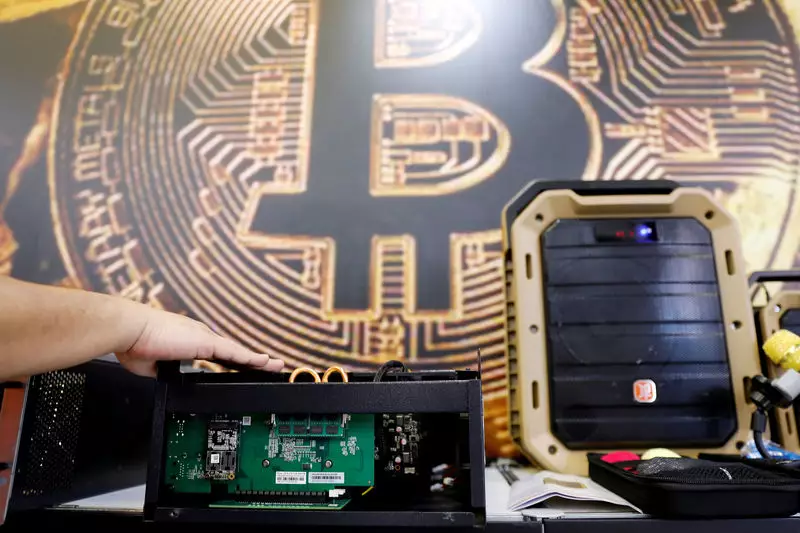In recent discussions across the cryptocurrency landscape, the foundational idea of the U.S. adopting a Bitcoin Standard has garnered attention. Ki Young Ju, the CEO of CryptoQuant, presents a thoughtful critique of this prospect, highlighting economic historical contexts as predictors of future policies. Ju’s examination illustrates not only the improbability of such a shift in monetary policy but also the complexities underlying the relationship between traditional economic structures and emerging digital assets.
Ju draws parallels between the modern discourse surrounding Bitcoin and the historical debates surrounding the gold standard that rose in the late 1990s, predominantly advocated by figures like Peter Schiff. At that time, the discussion was heavily fueled by economic uncertainty, making the return to gold a tantalizing proposal for many. Ju notes that these discussions tend to flourish when the U.S. perceives a decline in its economic standing or a threat to its global influence. However, unlike past economic crises, today’s environment is characterized by a multifaceted range of economic tools and digital innovations that complicate a straightforward return to a commodity-backed currency.
Ju posits that Bitcoin has assumed a role that mirrors the historical context of gold, now emerging as the focal point for those advocating for a non-fiat monetary system. However, he expresses skepticism about the U.S. government adopting Bitcoin as a strategic asset—arguing that significant geopolitical pressures would need to manifest before such a radical move could occur. The intrinsic volatility of Bitcoin, contrasting starkly with the historical stability of gold, raises additional concerns about its viability as a standard.
The notion that the U.S. government might start accumulating Bitcoin seems plausible on the surface, particularly within the risk management frameworks of modern economies. Nevertheless, Ju cautions against the narrative prevalent among Bitcoin proponents, suggesting that any movement toward purchasing the cryptocurrency would likely stem from motivations that diverge from the idealistic goals envisioned by crypto enthusiasts. This could include responses to economic threats or leveraging Bitcoin for reasons not wholly aligned with its philosophical underpinnings.
While the allure of a Bitcoin Standard is captivating and representative of a broader cultural shift towards decentralized finance, the likelihood of its adoption by the U.S. remains tenuous. Economic history illustrates that major shifts rarely occur without substantial catalyst events. Ju’s insights reiterate the necessity of caution in predicting the currency’s future role in a nation that has historically relied on structured financial frameworks. The conversations around Bitcoin’s potential must therefore accommodate a spectrum of economic realities, reflecting both technological promise and foundational skepticism. Ultimately, for Bitcoin to hold a place as a national standard, it would need to coordinate with both critical economic shifts and evolving governmental perspectives.

